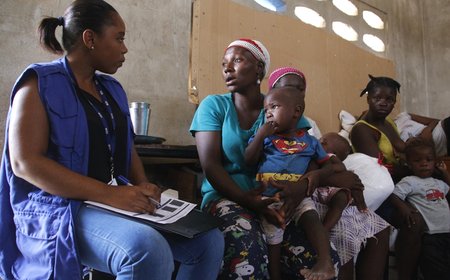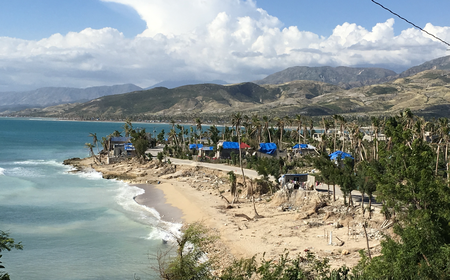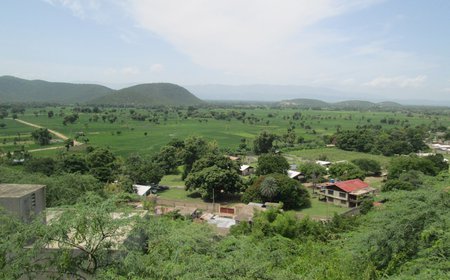Building migration research and policy infrastructure in Haiti
The Interuniversity Institute for Research and Development (INURED) has been working with OECD to bring migration to the core of Haiti’s policy approach. With more than one-third of Haitians living abroad- a level rising to almost half since the COVID-19 pandemic - migration is a fundamental feature of Haitian society with the potential to severely hamper the nation’s development through brain drain. Paradoxically, with the adoption of sound policies that harness these resources (e.g., human, financial, technological) migration has the potential to contribute to Haiti’s post-earthquakes rebuilding recovery and Haiti’s long-term development. The MIDEQ Hub has not only stabilized INURED’s ability to conduct systematic research on this topic at a national level, it has also consolidated the organisation’s ability to bring together key stakeholders (e.g., government, civil society and human rights organisations) to think of concrete ways to capitalize on diaspora investments in different sectors in Haiti (e.g., education, health, agriculture, new technologies). Without UKRI funding this effort, which began with OECD in 2014, would have been halted.
Haiti now finds itself in a profound crisis (political, economic, social) compounded by a pandemic that has paralysed state institutions and civil society organisations, the July 2021 assassination of President Jovenel Moise and a migration crisis that spans across North and South America culminating in the US-Mexico border crisis. Despite these challenges, INURED has continued this critical work at a time in which migration is being further fuelled by political instability, local insecurity, and a public health emergency. INURED has developed its work along the corridor in partnership with the Brazil team assisting their more recently acceded counterparts in all aspects of fieldwork preparation and development. In summer 2020, and in response to the pandemic which significantly halted legal migration around the globe, INURED implemented a study of the impact of COVID-19 on Haitian families. By December 2020, INURED completed data collection for MIDEQ’s Hub-wide survey. INURED continues to conduct in-depth interviews and observations as well as focus group discussions with migrants and their family members. INURED is also in the process of conducting ethnographic tracing of migratory networks between Haiti and Brazil.
Through its work with the MIDEQ Hub, INURED is raising awareness on migration and its links with inequality and development in the Haiti-Brazil corridor. INURED’s work has resulted in the establishment of important and innovative partnerships as well as the consolidation of existing partnerships between government entities, civil society institutions and international organisations. These partnerships are strategic and will be consolidated through MIDEQ’s Theory of Change.



